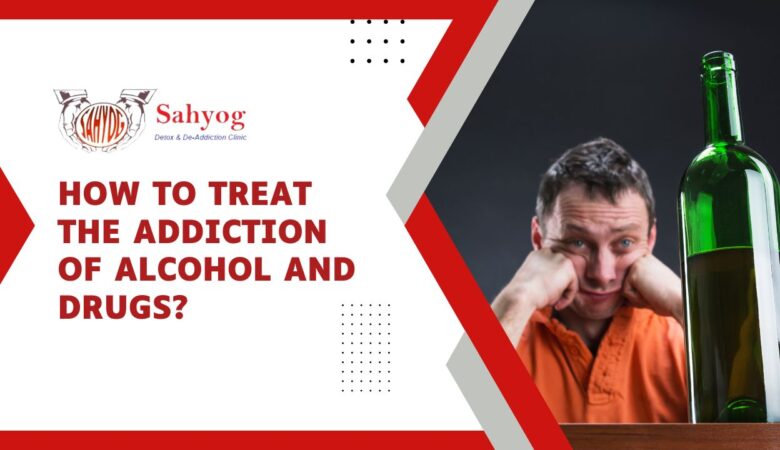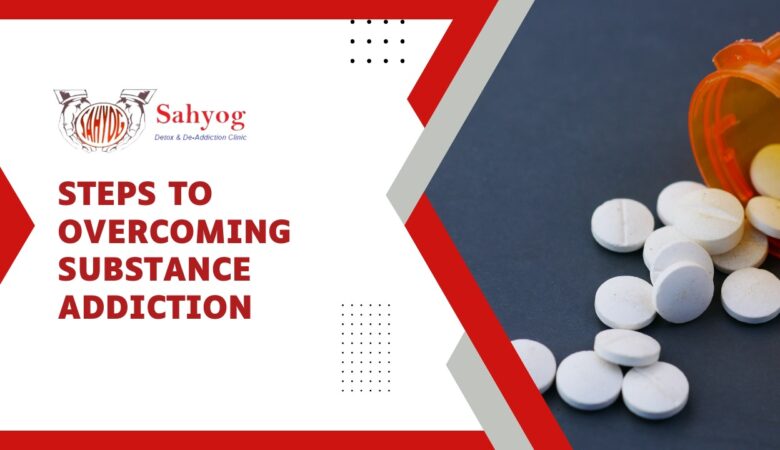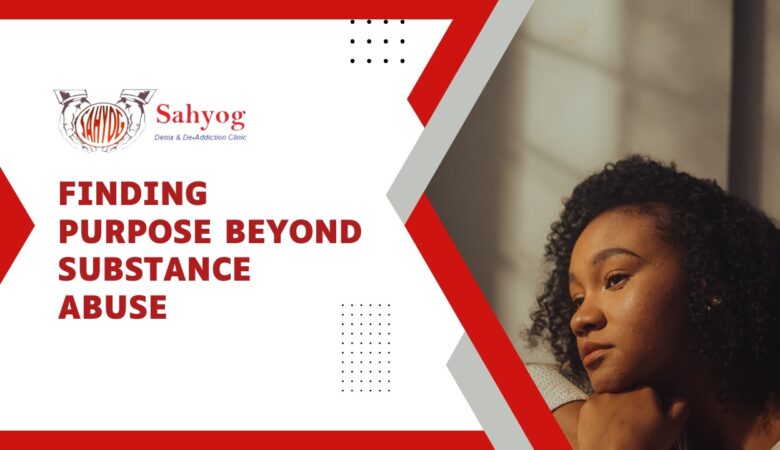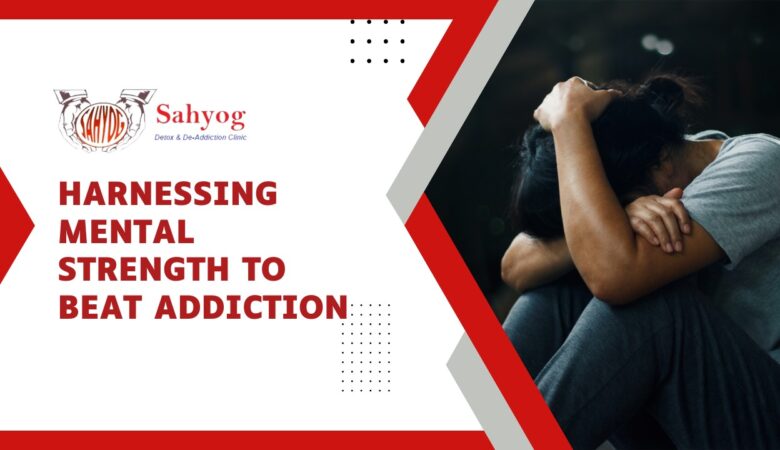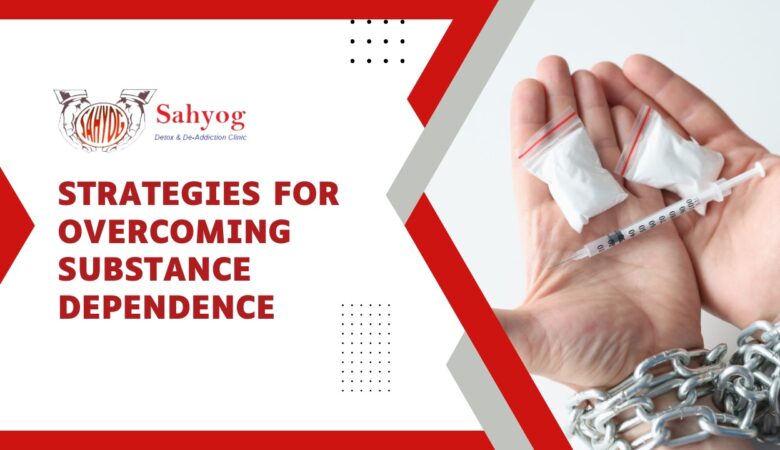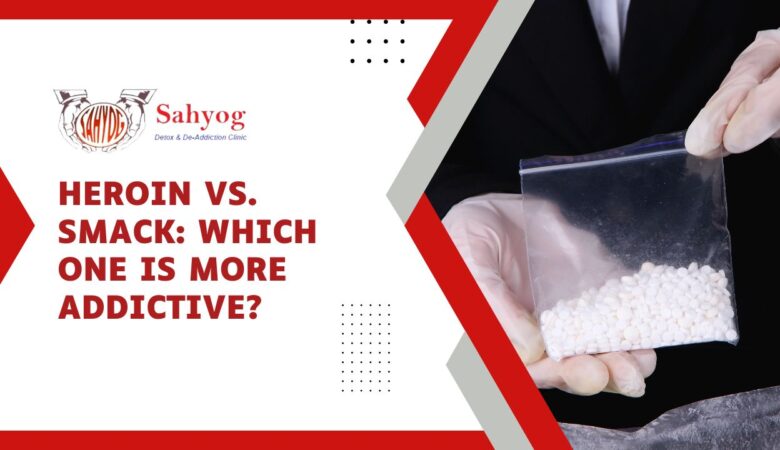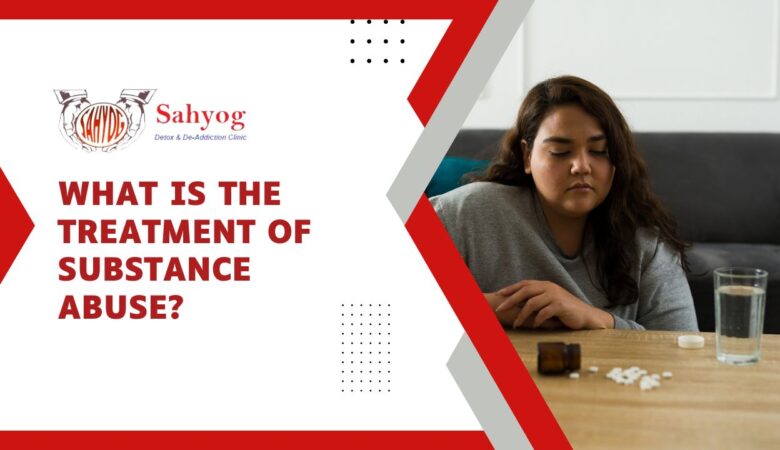How to Detoxify your body from Alcohol and Drugs?
Embarking on a journey to detoxify your body from alcohol and drugs is like hitting the reset button on your health and well-being. It’s about reclaiming control, renewing vitality, and embracing a fresh start. Whether you’re looking to break free from substance dependency or simply give your body a much-needed cleanse, this guide will take you through the essential steps of detoxification with practical tips and insights to support you every step of the way. So let’s dive in and discover how to revitalize your body, mind, and spirit! Understanding the Importance of Detoxification Detoxification is a crucial process that allows your body to rid itself of harmful substances, such as alcohol and drugs, that can wreak havoc on your physical and mental health. By flushing out toxins and restoring balance, detoxification helps kickstart your journey towards optimal wellness. When substances like alcohol and drugs accumulate in the body, they can impair vital organs, disrupt brain function, and weaken the immune system. This buildup not only affects your physical health but also takes a toll on your emotional well-being. Engaging in a detox program enables you to break free from the cycle of substance abuse and dependency. It provides an opportunity to reset your body’s natural detox mechanisms, allowing you to regain clarity of mind and vitality. Understanding the importance of detoxification goes beyond just cleansing the body; it’s about reclaiming control over your life, renewing energy levels, and paving the way for a healthier future ahead. Step-by-Step Guide to Detoxifying your Body from Alcohol and Drugs Detoxifying your body from alcohol and drugs is a crucial step towards reclaiming your health and well-being. The first step is to acknowledge the need for detox and make a firm commitment to change. Start by gradually reducing your intake of substances, allowing your body to adjust slowly. Stay hydrated by drinking plenty of water throughout the day to help flush out toxins from your system. Incorporate nutrient-rich foods such as fruits, vegetables, and whole grains into your diet to support the detox process. Engage in regular physical activity like walking or yoga to boost circulation and promote sweating, which aids in toxin elimination. Consider incorporating natural supplements like milk thistle or dandelion root to support liver function during detoxification. Surround yourself with a supportive network of friends or family members who can offer encouragement and accountability during this challenging time. Remember that each person’s journey through detox is unique, so be patient with yourself as you navigate this process. Natural Ways to Support Your Body During Detox Detoxifying your body from alcohol and drugs can be a challenging process, but there are natural ways to support your body along the way. One effective method is staying hydrated by drinking plenty of water throughout the day. Hydration helps flush out toxins and keeps your body functioning optimally. Incorporating nutrient-rich foods into your diet such as fruits, vegetables, and whole grains can provide essential vitamins and minerals that aid in the detoxification process. Herbal teas like ginger or dandelion root can also help support liver function and promote detoxification. Regular exercise not only boosts endorphins but also helps sweat out toxins stored in fat cells. Yoga or meditation can reduce stress levels, which are often heightened during detox. Getting an adequate amount of sleep is crucial for allowing your body to repair and regenerate during detox. Quality rest supports overall health and aids in balancing hormones that may have been affected by substance use. Taking care of yourself holistically through these natural methods can complement the detox process and contribute to a healthier lifestyle long-term. Seeking Professional Help for Detoxification Embarking on a journey to detoxify your body from alcohol and drugs can be challenging, but seeking professional help can make all the difference. Professional guidance provides you with the support and expertise needed to navigate through this process safely. A medical detox program offers supervised care by healthcare professionals who understand the complexities of addiction and withdrawal symptoms. They can tailor a treatment plan specifically for your needs, ensuring a more effective detoxification experience. Therapists and counselors in rehab centers provide emotional support and counseling to address underlying issues contributing to substance abuse. Their guidance equips you with coping strategies essential for long-term sobriety. Detoxing under medical supervision also reduces health risks associated with withdrawal symptoms, making the process smoother and safer. It’s crucial to prioritize your well-being by entrusting your detox journey to qualified professionals who have your best interests at heart. Maintaining a Healthy Lifestyle After Detox Once you’ve completed the detox process, maintaining a healthy lifestyle is crucial for your overall well-being. Focus on incorporating nutritious foods into your diet to replenish your body with essential vitamins and minerals. Regular exercise can help boost your mood and energy levels while promoting physical fitness. Stay hydrated by drinking plenty of water throughout the day to support your body’s natural detoxification processes. Avoid processed foods, sugary drinks, and excessive caffeine as they can hinder your progress towards a healthier lifestyle. Engage in activities that bring you joy and reduce stress like meditation or hobbies that inspire creativity. Establish a consistent sleep schedule to allow your body time to rest and rejuvenate. Surround yourself with positive influences and seek support from friends or professionals if needed. Remember, maintaining a healthy lifestyle after detox is an ongoing journey that requires dedication and self-care. The Emotional and Mental Aspect of Detoxification Detoxification goes beyond just the physical aspect – it also involves addressing emotional and mental challenges. When detoxing from alcohol or drugs, individuals may experience a range of emotions such as anxiety, depression, irritability, and even mood swings. It’s essential to recognize that these feelings are a natural part of the process as your body adjusts to being substance-free. During detox, it’s common to face psychological hurdles like cravings or triggers that can make staying sober challenging. Seeking support from friends, family, or a therapist can help navigate these tough moments. Engaging in

